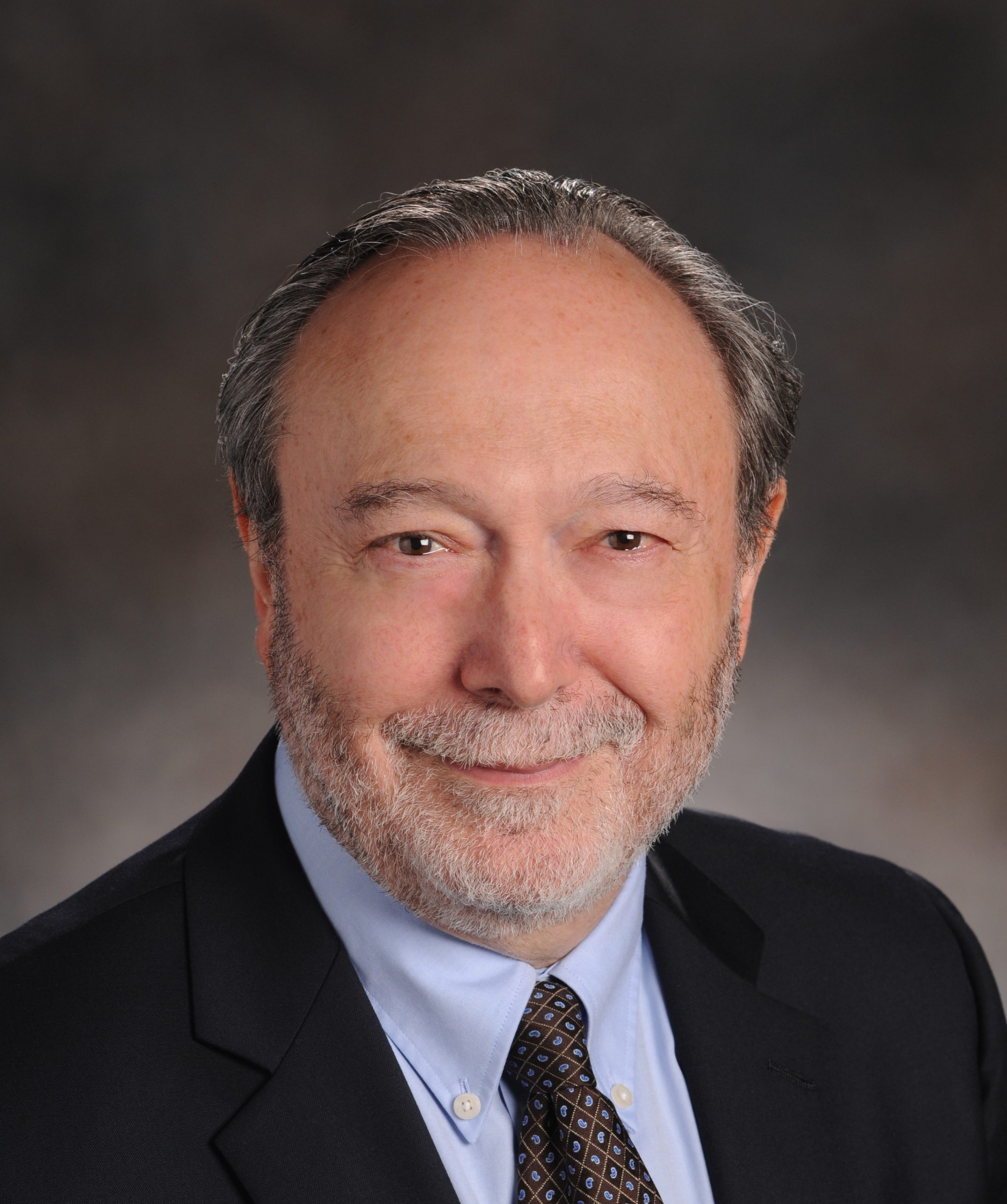Revolutionising mental health diagnosis and treatment with Polyvagal Theory
Audio only version
Show Description
Conventional mental health treatment manages the symptoms rather than treating root causes of mental health issues. Functional medicine psychiatry seeks to treat the root causes behind these symptoms, whether they are biochemical (hormone imbalances, gut issues, toxic load, inflammation, infections) or psycho-spiritual (adverse childhood experiences, trauma) or both. But what comes first? Do depression, anxiety, insomnia generally come from biochemical imbalances or psycho-spiritual ones? According to the legendary Professor Stephen Porges, biochemical imbalances are the downstream effects of the real root cause of all mental health issues: a dysregulated nervous system, which itself is caused by a chronic physiological state of stress (fight, flight, freeze). Interestingly, this physiological state of stress can be caused by biochemical issues (such as a toxin or a pathogen) and/or psycho-spiritual ones (such as childhood trauma). The body responds to both with the same threat reaction.
In this interview, Professor Porges, who after years of scientific research has developed a deep understanding of the vagus nerves and their role in mental health, discusses his groundbreaking Polyvagal Theory and its implication for mental health diagnosis and treatment, as well as his latest book, “Polyvagal Safety: Attachment, Communication, Self-Regulation”.
He shows that the syndromes we call depression, anxiety, insomnia, poor attention, irritability, exhaustion, as well as many physical health conditions, have in common a disordered response to stress, or nervous system dysregulation, which he defines as being in a chronic state of sympathetic arousal or dorsal vagal shut down, neither of which are conducive to health, growth and repair – a state facilitated instead by the social engagement system, or ventral vagal nerves. He shows that mental and physical health comes from homeostatic flexibility – the ability to go between states of fight, flight, freeze and social engagement, appropriately and with ease, and shows us how to promote this healthier state in our lives.
In this interview you will learn:
- The therapeutic applications of the polyvagal theory, and how it has revolutionised our understanding of mental health and trauma
- How the polyvagal theory helps us move from seeing mental health as a function of the brain and its activity to a function of the body (gut, heart, visceral organs, nerves) and its different states
- How poor mental and physical health come from the chronic disruption of homeostatic function and an inability to switch easily and quickly between states of threat (fight, flight, freeze) and social engagement (necessary for health, growth and repair)
- How polyvagal theory explains why we are drawn to certain people and repelled by others
- How childhood adversity reprogrammes our autonomic nervous system and can cause a dysregulated nervous system to make us more susceptible to pathogens such as viruses and bacteria, and to toxins
- How the polyvagal theory fits into the functional medicine paradigm
- Why some people can experience a traumatic event in their childhood and find it more dysregulating than other people experiencing the same event
- Why it’s essential to listen to what our body is trying to tell us rather than numb it out, run from it, or rationalise it
- The relative success of body-based versus cognitive psychological therapies; the importance of the physiological state of the therapist; and the effectiveness of therapy for healing the therapist as well as the patient
- How to measure the state of the nervous system and neural exercises to heal it
- How to practise healthy social engagement if you are a loner and other people drain you
- The role of busyness in our societies and our nervous systems, why some people find stillness threatening, and what to do about it
- The effects of technology on our nervous systems and why size of screen matters for healthy nervous system regulation
- The biochemical effects of vagal tone on inflammation, heart rate and gut function
- The importance of compassionate listening for healing, and why it’s more effective than empathy
About Professor Stephen Porges

Stephen W. Porges, Ph.D. is Distinguished University Scientist at Indiana University where he is the founding director of the Traumatic Stress Research Consortium. He is Professor of Psychiatry at the University of North Carolina, and Professor Emeritus at both the University of Illinois at Chicago and the University of Maryland. He served as president of the Society for Psychophysiological Research and the Federation of Associations in Behavioral & Brain Sciences and is a former recipient of a National Institute of Mental Health Research Scientist Development Award. He has published more than 350 peer‐reviewed scientific papers across several disciplines that have been cited in more than 38,000 peer-reviewed papers. He holds several patents involved in monitoring and regulating autonomic state.
He is the originator of the Polyvagal Theory, a theory that emphasizes the importance of physiological state in the expression of behavioral, mental, and health problems related to traumatic experiences. He is the author of The Polyvagal Theory: Neurophysiological foundations of Emotions, Attachment, Communication, and Self-regulation (Norton, 2011), The Pocket Guide to the Polyvagal Theory: The Transformative Power of Feeling Safe, (Norton, 2017) and co-editor of Clinical Applications of the Polyvagal Theory: The Emergence of Polyvagal-Informed Therapies (Norton, 2018). He is the creator of a music-based intervention, the Safe and Sound Protocol ™ , which currently is used by more than 1500 therapists to improve spontaneous social engagement, to reduce hearing sensitivities, and to improve language processing, state regulation, and spontaneous social engagement.
Show Notes
Connect with Professor Stephen Porges:
Publications:
- Polyvagal Safety: Attachment, Communication, Self-Regulation
- The Polyvagal Theory: Neurophysiological Foundations of Emotions, Attachment, Communication, and Self-Regulation
- The Pocket Guide to the Polyvagal Theory: The Transformative Power of Feeling Safe
- Clinical Applications of the Polyvagal Theory – The Emergence of Polyvagal-Informed Therapies


